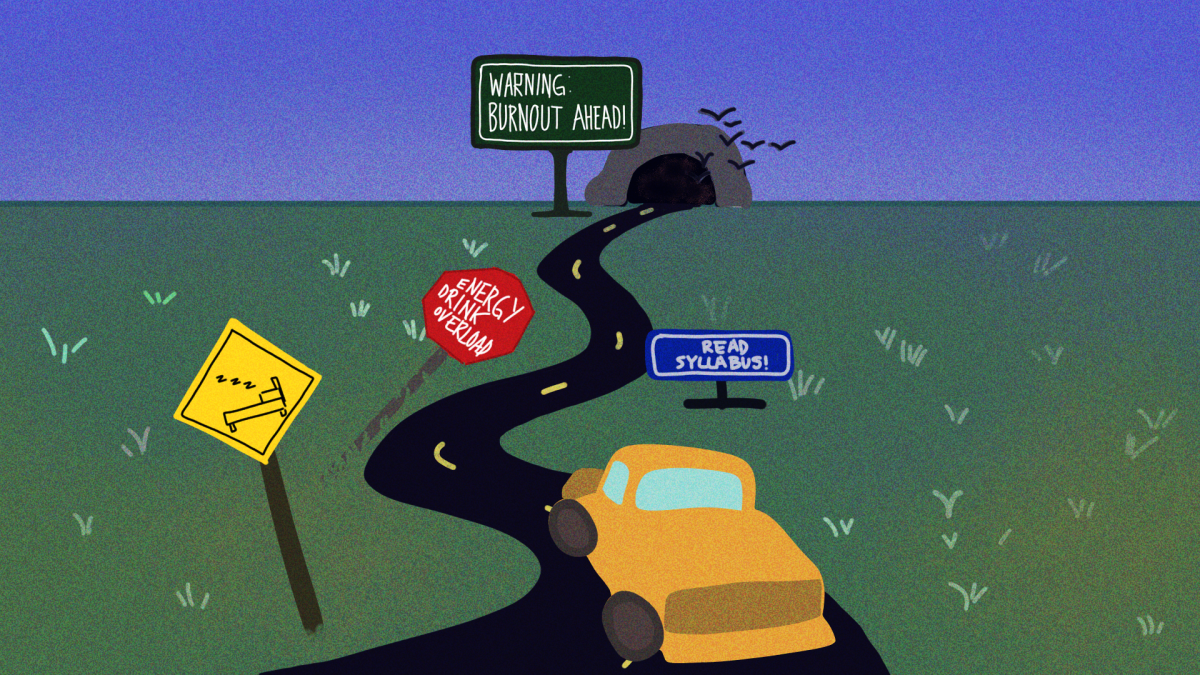Imagine a river turned black. Its once pristine waters turned into a slowly moving sludge of black muck. Imagine towns forced to shut down their water intake, farmers mandated to turn off their irrigation ditches and animals turned away from a river in confusion, wondering why the river they drink from is suddenly no longer filled with recognizable water.
This was the scene along the banks of the Dan River Feb. 2, when a pipe from an unlined storage basing at Duke Energy’s retired Eden coal plant ruptured, spilling a toxic slurry of coal ash into the Dan River. In total, 27 million gallons of contaminated water spewed forth into the river, making it the third-largest spill of its kind in American history. When an amount of nearly 3 gallons of toxic pollution per North Carolinian is spilled into a single river, the effects are detrimental.
Today, communities and wildlife in the Dan River Basin continue to feel the effects of the spill as they are still being forced to adjust to the changed river. Yet, just 80 miles away at the state capital of Raleigh, our elected officials seem to have forgotten about the disaster that took place in the Dan River.
Friday, Gov. Pat McCrory signed North Carolina House Bill 765 into law, called by many the Polluter Protection Act, which slashes environmental protections in our state. The Polluter Protection Act does exactly what its name implies: eliminate many environmental regulations on energy companies throughout North Carolina — regulations which may be the only way to stop another tragic and toxic spill from occurring.
Three of the law’s policies stand out as the most troubling to our state. Firstly, the bill privatizes wastewater inspection. In doing so, HB 765 removes important oversight by environmental officials, allowing energy companies to handpick private engineering firms who will inspect their wastewater leniently.
Secondly, the bill requires attorneys representing environmental and community organizations to pay fees if they lose a case against the state. By threatening the risk of steep legal fees, the likelihood that the state will be challenged over environmental concerns decreases and community groups will now struggle to find anyone willing to represent their environmental claims.
Lastly, the bill removes all air quality monitors in North Carolina that aren’t explicitly covered by the EPA, severely decreasing the number and accuracy of these important monitors in our state.
While these three specific changes of the bill are no doubt troubling, the greatest concern the bill creates is the overall message it sends to the state. By heavily favoring energy production over environmental protection, the bill clearly states that North Carolina cares more about making cheap energy than safekeeping our environment for generations to come.
As a state, North Carolina has one of the most cherished and highly touted environments of any in the United States, yet if we continue to follow down that path that the Pollution Protector Act lays out, we will soon lose an environment so essential to our state’s continued success.
Finding a correct balance between energy and environment is essential to our state’s survival, but the balance struck in HB 765 favors too heavily on the energy side and is simply too severe. While nothing can be done to stop the passage of this law, we, as a state, owe it to the people of the Dan River Basin to not give up the energy versus environment debate and to continue attempting to find a more equal balance, bringing prosperity to both sides. If nothing else, we owe it to the people in the Dan River Basin to continue this debate in order make sure our environment is safeguarded against another energy-created environmental disaster.
Energy production is, of course, incredibly important to our state’s continued success, but, what supporters of HB 765 failed to realize is that a protected environment is just as important. As it goes into law today, the Polluter Protection Act serves as a slap in the face to anyone who has ever cared about North Carolina’s environment and, to the people living in the Dan River Basin, it ultimately says that we, as a state, have already forgotten, or worse, don’t care, about what has happened to them.







